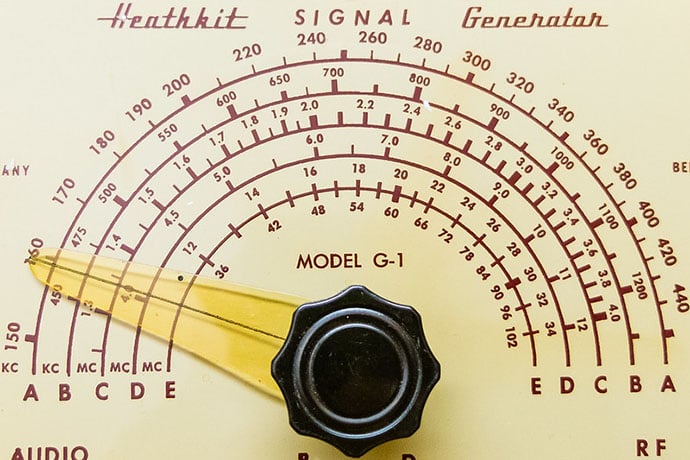Can a computer last?
I don’t just mean last for a couple of years. I mean “could a computer last for a decade, two decades, maybe even a century like an old typewriter or a fountain pen?”. It’s a funny question because almost everything about how computers are made and sold to us is about making sure we don’t keep them for a decade or two.
I mean if we’re talking about making things last for a couple of decades just think of how much games have changed in that time: they’ve gone from a few MBs to dozens of GBs for big AAA titles, running on computers that are 10-100x faster. And on one hand, that’s cool. Technology advances! Things get shinier! You’ve got live ray-traced lighting in Minecraft. Awesome!
But on the other, is it strictly necessary? Take something like a Chromebook you might use in school. It’s a whole little laptop that’s basically only running a web-browser and, yet, you’ve probably noticed that it’s kinda sluggish. Websites these days send huge amounts of data back and forth. Not only do you not fit a single game into a few MB but you can’t even fit the JavaScript code for a lot of websites into a few MB. We constantly send images higher resolution that our screens can even display, each of which would have taken minutes not fractions of a second to download not very long ago.
In other words, when our computers are getting faster and bigger are we really getting more for it or is it growth for growth’s sake, making us need to buy new things because our old devices don’t work anymore? This disposability of computers has real life consequences for all of us.
For example, have you heard about how hard it is to get graphics cards and chips? Yes, that’s partly been driven by proof-of-work cryptocurrencies, that by definition take more computing power to use the longer they’ve been around, but it’s also driven by the fact that we can’t just use a five, ten year old desktop or laptop because all the software we use keeps getting more bloated and sluggish and resource intensive every year.
And these musings bring us to the idea of permacomputing, which is ironically a rather new field. Permacomputing has more questions than answers for us at this point; it’s more of an attitude than a solid set of ideas.
But, basically, the idea of permacomputing is trying to make computers that can last and making the ones we already have last as long as possible.
This means making computers that are more repairable and maintainable, which already gives some pretty big strikes against things like iPads that are deliberately made to be hard to crack open. It also means computers that are customizable. You should be able to optimize your device for what you need to do and reconfigure it later as your needs evolve. Your computer should grow with you rather than you—or rather the software you use—outgrowing it.
Imagine a computer that’s an heirloom, that you can pass down. Imagine being 50 and seeing a vintage computer and knowing that you could just do a little repair on it and run it just fine. That’s the kind of future we’re talking about.
It will involve not just changing how we make computer hardware but, as I’ve alluded to already, it will mean changing how we write software. We’ll need to be more thoughtful about the resources we’re using, more creative in the ways we use what we have. We’ll need to get good at doing more with less.
There are people already experimenting in this world! People like viznut, who is involved in the size-coding/demoscene world where people try to write fully functioning graphics and music programs in only a few hundred characters of code. Not lines, characters. Also people like the duo 100rabbits who made ORCA, which we covered in a previous issue, who have started making all their art projects on a virtual computer called UXN that’s so small and efficient it should be able to run on almost any hardware.
All the people who intentionally restore old computers or figure out how to live on nothing more than a raspberry pi are all learning how to work with software in new ways, and while none of these things per se is a way of achieving permacomputing they’re all a part of the experiments as we collectively feel out the path forward.
Learn More
8 ways to make your computer last longer
https://www.lifehack.org/articles/technology/eight-ways-make-your-computer-last-longer.html
Keeping old computers alive
https://www.techsoup.org/support/articles-and-how-tos/keeping-old-computers-alive
Makin your old computer feel like new
https://www.gearpatrol.com/tech/a636070/clean-up-laptop-macbook-defragment-tips/
Frugal Computing
https://wimvanderbauwhede.github.io/articles/frugal-computing/
Permacomputing
http://viznut.fi/texts-en/permacomputing.html

